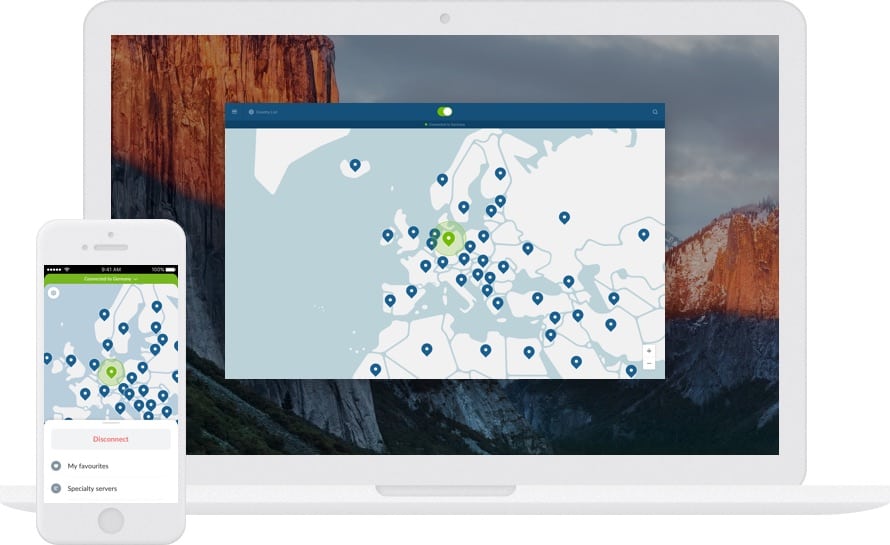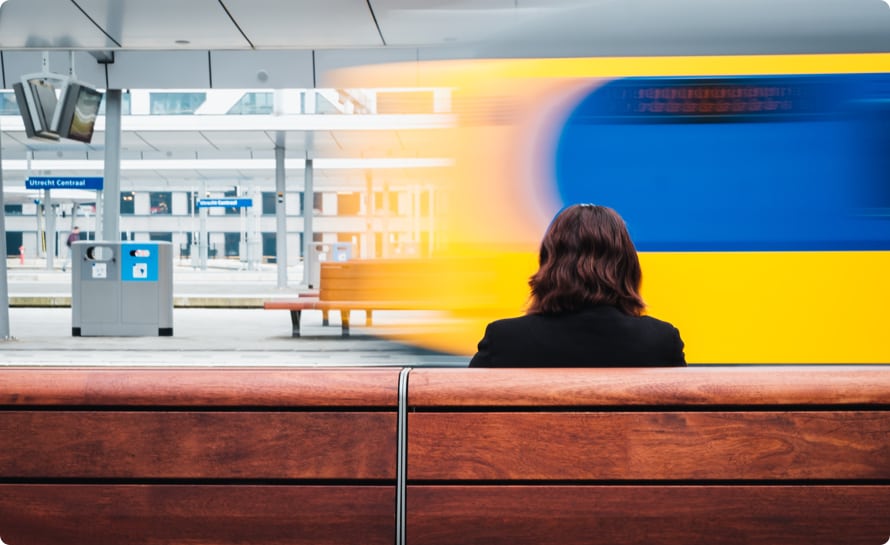
Complete online privacy
Without a VPN, your connection is fully open. A lot of random people or devices can look at your data, log it, and use it in ways you can’t control. That includes your ISP, employer, the Wi-Fi router in the coffee shop mentioned above, any server along the way, or any person with the right tools. Based on your IP address, which depends on your location, sites and services may charge different prices or show intrusive targeted ads. Government agencies can track your online activity and share the retained metadata with each other. They also share intelligence across country borders through alliances such as “14 Eyes.” With a VPN connection, you can have peace of mind knowing that your data is encrypted and IP address hidden. Your ISP can no longer see which websites you visit because all your activity is routed through the VPN server. As a result, they can’t collect your internet metadata nor log your browsing history. Best of all, they can't share it with anyone else.
Safe content access
Various countries around the world restrict access to one type of online content or another. Social networks, games, chat apps – even Google itself is not beyond the reach of censorship. Many workplaces and academic institutions also use firewalls to limit access to websites. They do it for different reasons: from increasing productivity to restricting inappropriate content. Websites and services are blocked by denying access based on your IP address. When you connect to the internet, your IP shows the country you are currently in. So any country-specific restrictions are applied to you as well. Using a VPN allows you to connect to servers in different countries, making your IP address look like you are somewhere else. This IP swap helps you access restricted websites and keeps your private information safe at the same time.


Secure internet connection
Consider a public Wi-Fi network — perhaps at an airport or a coffee shop. Usually, you would connect without a second thought, but do you know who might be keeping tabs on the network traffic? Can you even be sure the hotspot is legitimate? Could it be set up by a criminal who's hunting for your personal data? Think about the passwords, banking details, credit card numbers, and any other private details you send every time you go online. With a VPN enabled, all the data you send and receive travels through a strong encrypted tunnel so that no one can get their hands on your private information. That means even if a cybercriminal does somehow manage to intercept your data, they won’t be able to decipher it.






